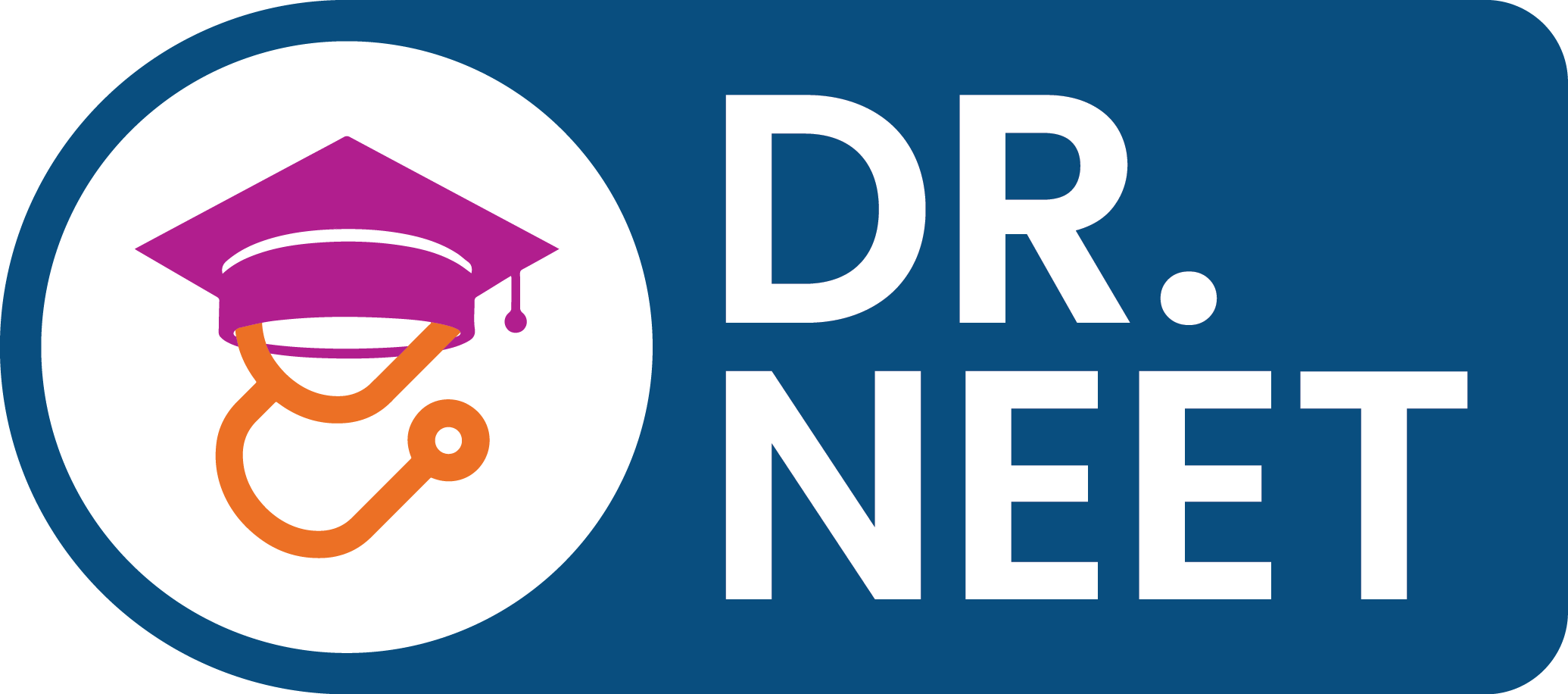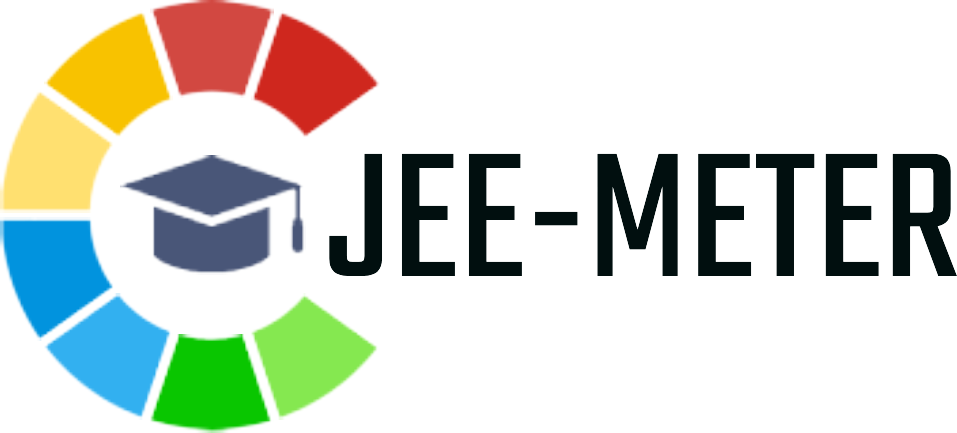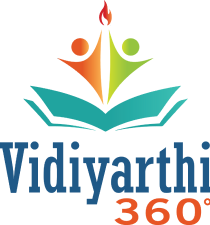|
Features
|
Details
|
|
Exam Name
|
Calcutta University Entrance Exam
|
|
Conducted By
|
The University of Calcutta
|
|
Purpose
|
To get admission in various undergraduate, postgraduate, and doctoral programs across multiple disciplines, including science, commerce, arts, law, and management programs.
|
|
Exam Sessions
|
- Undergraduate & Postgraduate Courses: Annually (usually between May–August).
- PhD (RET - Research Eligibility Test): Twice a year (typically in January/February and July/August).
- Professional Courses (MBA, Law, etc.): Annually, with some accepting national-level exam scores (like CAT for MBA).
|
|
Application Mode
|
Online
|
|
Steps of Application
|
- Visit the Official Website – Go to Calcutta University’s official website and navigate to the admissions section.
- Register Online – Create an account by providing basic details like name, email, and phone number.
- Fill the Application Form – Enter personal, academic, and course details as required.
- Upload Documents – Submit scanned copies of photograph, signature, academic certificates, and ID proof.
- Pay the Application Fee – Complete payment via debit/credit card, net banking, or UPI.
- Submit the Form – Review all details and submit the application.
- Download Confirmation – Save and print the application form for future reference.
|
|
Application Fees
|
- Undergraduate & Postgraduate Courses: ₹100 – ₹500 (approx.)
- Professional Courses (Law, MBA, etc.): ₹300 – ₹1000 (depends on the program)
- PhD (RET - Research Eligibility Test): ₹1000 (general category), ₹500 (SC/ST/OBC)
|
|
Payment Mode
|
Online (Debit/Credit Card, Net Banking, UPI)
|
|
Eligibility Criteria
|
1. Undergraduate (UG) Courses
- General Criteria:
- Candidates must have passed 10+2 (Higher Secondary) or equivalent from a recognized board.
- Minimum qualifying marks depend on the course and category.
- Specific subject requirements may apply for some programs.
- Course-Specific Requirements:
- B.A./B.Sc./B.Com. – Minimum 50% in 10+2 (varies by department).
- B.Tech. – Admission through WBJEE; candidates must have studied Physics, Chemistry, and Mathematics in 10+2.
- BA LLB (Law) – Must have passed 10+2 with at least 45% marks (40% for SC/ST/OBC). Admission through CU Law Entrance Test.
- B.Lib.I.Sc. (Library Science) – Must have completed a bachelor’s degree in any discipline.
2. Postgraduate (PG) Courses
- General Criteria:
- Candidates must hold a bachelor’s degree in the relevant field from a recognized university.
- Minimum marks required vary by course (generally 45%–55%).
- Course-Specific Requirements:
- M.A./M.Sc./M.Com. – A bachelor’s degree in the relevant subject with at least 50% marks (relaxation for SC/ST/OBC).
- M.Tech. – A B.Tech./B.E. degree in the relevant discipline with a valid GATE score (non-GATE candidates may need to appear for the university entrance test).
- LLM (Master of Law) – A 3-year or 5-year LLB degree with at least 50% marks. Admission via CU Law Entrance Exam.
- M.Lib.I.Sc. (Library Science) – Must have B.Lib.I.Sc. or equivalent degree.
- MBA (Master of Business Administration) – Requires a bachelor’s degree in any discipline with a valid CAT/MAT/XAT score, followed by GD and interview.
3. PhD (Doctoral Programs) – Research Eligibility Test (RET)
- Candidates must have a Master’s degree in the relevant subject with at least 55% marks (50% for SC/ST/OBC/PWD).
- Those with UGC-NET, CSIR-NET, GATE, SLET, or M.Phil. qualifications may be exempted from the entrance test but must appear for the interview.
4. Professional & Other Courses
- M.Phil. – Master’s degree in the relevant field with at least 55% marks (50% for SC/ST/OBC).
- PG Diploma & Certificate Courses – Eligibility varies; usually requires a bachelor’s degree in a related field.
Additional Notes:
- Age Limit: Generally, no upper age limit except for specific courses like BA LLB (maximum age: 20 years for General, 22 years for SC/ST/OBC).
- Reservation: SC/ST/OBC/PWD candidates receive relaxation in marks as per government norms.
- Mode of Admission: Some courses admit students via merit (marks in the previous qualifying exam), while others require entrance exams.
|
|
Mode of Exam
|
The Calcutta University Entrance Exam is conducted in offline (pen-and-paper) and online (computer-based) modes, depending on the course:
- Undergraduate & Postgraduate Courses: Mostly offline (OMR-based or descriptive answer sheets).
- Professional Courses (MBA, Law, etc.): Offline or online, depending on the department.
- PhD (RET - Research Eligibility Test): Usually offline with objective/descriptive questions.
- M.Tech.: Admission is based on GATE scores or a university-conducted written test (offline/online).
|
|
Medium of Exam
|
1.Undergraduate & Postgraduate Courses:
- Mostly conducted in English.
- Some courses, like B.A. may have exams in the Bengali, Hindi, Sanskrit, etc. respective languages.
- Law entrance exams are usually in English.
2.PhD (RET - Research Eligibility Test):
- Conducted in English (subject-specific language may be allowed).
3.Professional Courses (MBA, Law, etc.):
- MBA entrance follows the medium of national-level exams (CAT, MAT, etc.).
- Law exams are in English.
|
|
Duration of Exam
|
- Undergraduate & Postgraduate Courses: 1.5 to 2 hours
- Professional Courses (MBA, Law, etc.): 2 to 3 hours
- PhD (RET - Research Eligibility Test): 2 to 3 hours
|
|
Types of Questions
|
- Undergraduate & Postgraduate Courses: Multiple Choice Questions (MCQs) and Descriptive Questions (varies by subject).
- Professional Courses (MBA, Law, etc.): Mostly MCQs, including aptitude-based and subject-specific questions.
- PhD (RET - Research Eligibility Test): A mix of MCQs and subjective questions to assess research aptitude and subject knowledge.
|
|
Exam Pattern
|
1. Undergraduate (UG) & Postgraduate (PG) Courses
- Total Marks: Usually 100 marks
- MCQs & Descriptive Questions (varies by subject)
- Weightage: Subject-specific (e.g., English, Mathematics, Science, or Humanities)
2. Professional Courses
- MBA (Based on CAT/MAT or University Exam)
- Quantitative Aptitude – 25 marks
- Logical Reasoning – 25 marks
- Verbal Ability – 25 marks
- General Knowledge – 25 marks
- Total: 100 marks
- BA LLB
- English – 25 marks
- General Knowledge & Current Affairs – 25 marks
- Logical Reasoning – 25 marks
- Legal Aptitude – 25 marks
- Total: 100 marks
3. PhD (RET - Research Eligibility Test)
- Paper 1 (Research Methodology) – 50 marks (MCQs)
- Paper 2 (Subject-Specific) – 50 marks (Descriptive & MCQs)
- Total: 100 marks
|
|
Syllabus
|
The syllabus varies by course.
1. Undergraduate (UG) Courses
- Based on 10+2 syllabus of the respective subject.
- Common subjects (for Arts, Science, Commerce):
- English & General Knowledge
- Subject-Specific Topics (e.g., Mathematics for B.Sc. Math, Political Science for B.A. Pol. Sci.)
- BA LLB Syllabus:
- English Language
- General Knowledge & Current Affairs
- Logical Reasoning
- Legal Aptitude
2. Postgraduate (PG) Courses
- Based on Bachelor’s degree syllabus of the relevant subject.
- Common subjects (for M.A., M.Sc., M.Com.):
- Core concepts of the subject
- Research & Analytical Skills
- MBA Syllabus:
- Quantitative Aptitude
- Logical Reasoning
- Verbal Ability
- General Knowledge
- Business & Management Concepts (if applicable)
3. PhD (RET - Research Eligibility Test)
- Paper 1 (Research Methodology):
- Research Aptitude
- Logical Reasoning & Data Interpretation
- Teaching & Communication Skills
- Paper 2 (Subject-Specific):
- Based on Master’s degree syllabus of the respective subject.
|
|
Marking Scheme
|
1. Undergraduate (UG) & Postgraduate (PG) Courses
- Marking Pattern:
- MCQs: +1 for each correct answer
- Descriptive: Evaluated based on accuracy, clarity, and explanation
- Negative Marking: Generally no negative marking, but some courses may have -0.25 for incorrect MCQs
2. Professional Courses
- MBA & BA LLB (MCQ-Based)
- +1 for correct answer
- -0.25 for incorrect answer (if negative marking applies)
3. PhD (RET - Research Eligibility Test)
- Paper 1 (Research Methodology MCQs)
- +1 for correct answer
- No negative marking
- Paper 2 (Subject-Specific)
- Includes MCQs & Descriptive Questions
|
|
Preparation Tips
|
- Know the Syllabus – Focus on key topics from previous years.
- Make a Study Plan – Allocate time wisely for each subject.
- Solve Past Papers – Practice previous question papers & mock tests.
- Focus on Concepts – Use NCERTs (UG) & standard books (PG/PhD).
- Time Management – Practice solving questions within the time limit.
- Stay Updated – Read newspapers for GK & Current Affairs (for MBA/Law).
- Stay Healthy & Confident – Take breaks, stay positive, and revise well.
|
|
Helpline numbers
|
- 2219-3798 / 2219-3762
- 9062356574, 8276007220
- 8348354626, 9163653816
- 9903834287, 7890733985
- 8697446157, 8372871439, 8478982844
|
|
Email address
|
|
|
Official Website
|
www.caluniv.ac.in
|






 Home
Home Find Colleges
Find Colleges Contact
Contact Latest News
Latest News



